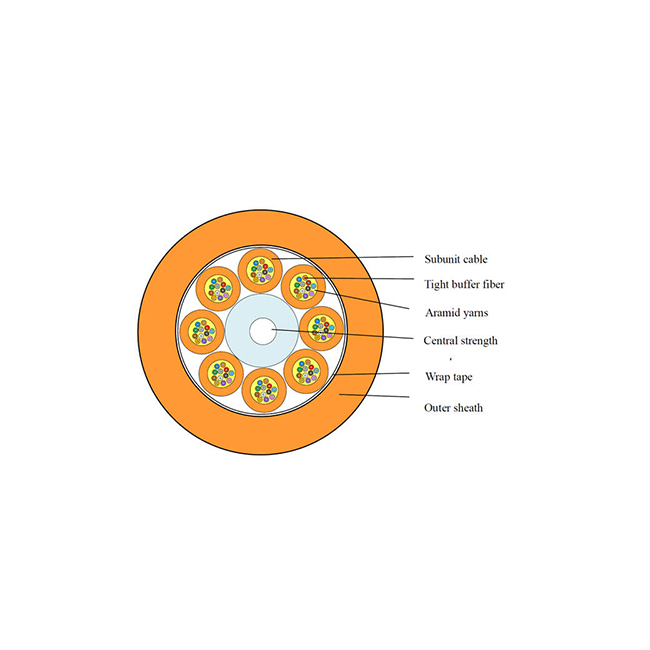Enhancing Data Transmission: The Superiority of Fiber Optic Cables

Fiber optic cables have revolutionized the telecommunications industry, boasting numerous advantages that outperform traditional solutions such as copper cables. In this article, we will delve into the reasons why fiber optic cables are the preferred choice for data transmission.
Unmatched Speed and Bandwidth
Fiber optic cables provide unparalleled speed and bandwidth capabilities. Unlike copper cables, which transmit data through electrical signals, fiber optic cables utilize light to transmit information. This technology enables fiber optic cables to achieve data transfer speeds that far surpass traditional solutions, enabling faster downloads, smoother video streaming, and more responsive online experiences. Furthermore, fiber optic cables offer significantly higher bandwidth capacity, allowing for the simultaneous transmission of large volumes of data without compromising performance.
Longer Transmission Distances
Another key advantage of fiber optic cables is their ability to transmit data over much longer distances compared to traditional solutions. Fiber optic cables have a lower signal loss rate, ensuring that data can be transmitted across vast distances without degradation. This characteristic makes fiber optic cables ideal for long-haul communications, connecting remote locations, and establishing global connectivity.
Resistance to Electromagnetic Interference
Fiber optic cables are immune to electromagnetic interference, unlike their copper counterparts. This resistance to interference ensures that fiber optic cables can maintain high data transmission quality, even when installed near sources of electromagnetic radiation, such as power lines or machinery. This advantage makes fiber optic cables ideal for industrial environments and areas prone to electrical disturbances.
Enhanced Reliability and Durability
Fiber optic cables exhibit superior reliability and durability compared to traditional solutions. Unlike copper cables, fiber optic cables are immune to corrosion, ensuring their longevity and continued performance even in harsh environments. Additionally, fiber optic cables are not affected by temperature changes or moisture, making them highly resistant to environmental conditions that would otherwise degrade signal quality. This durability translates to minimal downtime and maintenance requirements, resulting in more reliable and cost-effective network solutions.
Future-Proof Investment
Investing in fiber optic cables provides a future-proof solution. As the demand for data transmission continues to grow exponentially, fiber optic cables offer the scalability to accommodate increasing bandwidth requirements. Upgrading a network infrastructure with fiber optic cables ensures that organizations can meet the challenges of tomorrow without costly and time-consuming replacements. By embracing fiber optic technology, businesses can remain competitive and at the forefront of technological advancements.
In conclusion, fiber optic cables clearly outperform traditional solutions in various aspects. With their unmatched speed, longer transmission distances, resistance to electromagnetic interference, enhanced reliability, and future-proof scalability, fiber optic cables are the preferred choice for organizations seeking optimal data transmission performance. Embracing fiber optic technology not only ensures improved network efficiency today but also lays the foundation for seamless technological growth in the future.


